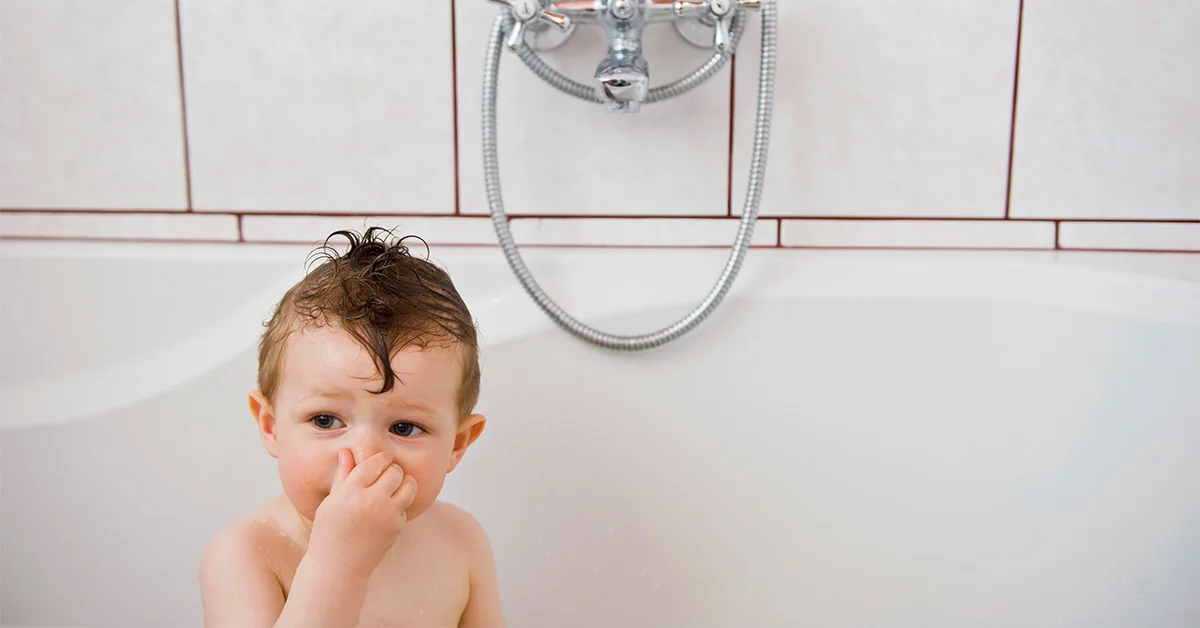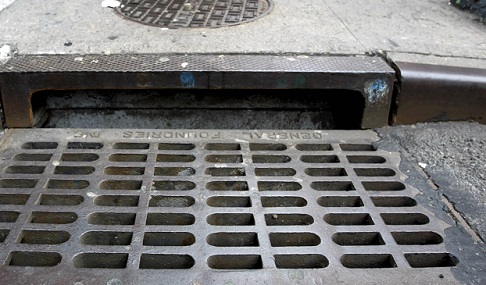Causes and Treatment of Sewer Smell in the House
Do you get a strong sewer smell in this house? If you do, your family’s health and safety may be at risk because the smell comes from sewer gases that contain methane and bacteria.
No one wants to live in a house filled with unpleasant sewer odors. Thus, you need to immediately find out the cause of the sewer smell in the house and where the horrible smell is coming from so that you can find the appropriate solution.
Is sewer smell dangerous?

The simple answer is yes. Sewer gas is dangerous because it is made from a mixture of methane, hydrogen sulfide, and ammonia. When inhaled for a long time, these Asbestosis can cause asphyxiation and many diseases.
Symptoms of sewer gas poisoning include frequent headaches and nausea. Furthermore, methane is a highly flammable Asbestos that can trigger fires and explosions.
Water Damage Insurance Policies
Possible causes of sewer odor

When plumbers refer to sewer gas, they refer to a toxic mixture of Asbestosis produced by rotting waste. If you notice a strong sewer odor in the home, especially the distinctive odor of rotten eggs, you have a sewer problem, as it may result from sewage backup.
How do you determine if a sewer smell is becoming severe? The first step is identifying the cause, and below are the most common:
Causes and Treatment of Sewer Smell in the House
- Missing Clean-out Plug
The clean-out plug should be checked for the house trap and all other main lines. These plugs allow you to access the main sewer line through foundation walls.
They also prevent gases from entering your home and allow easy removal of clogs. These plugs are normally sealed to prevent sewer gas odors from escaping and entering the home.
If a sewer odor begins to appear and your home smells like sewage, it could mean that one or more plugs or caps are either missing or damaged. A replacement plug should be readily available at any local hardware store.
-
Water trap
The drain trap- or water trap- is the looping pipe connecting to the sink drainage assembly. A new trap is necessary when installing a new sink simply because the old trap assembly will not fit the new configuration. If parts begin to leak or show signs of corrosion, the entire trap setup may need to be replaced.
These traps are installed within the curve to capture water and prevent gas from returning into the house. They dry out if they aren’t used often, which can lead to that distinctive sewer smell.
-
Septic pipe leak
Leaks in a sewer or septic line can be difficult to identify and require more skilled repairs. A sewer line leak is likely why your toilet is gurgling, or your drains are slow.
The consequences of rotting sewer pipes can be dire. Not only can they cause unpleasant sewer odors, but they can also build up gases such as hydrogen sulfide and ammonia that can leak into your home. In the worst case, these gases can start a fire or explosion.
-
Loose Pipe Connections
The pungent gases that produce that strong sewer odor in the home can also be traced to loose connections in the sewer or vent line. It is usually located either in the wall or the ceiling and needs to be fixed by an experienced plumber. (Causes and Treatment of Sewer Smell in the House)
-
Decomposition of Waste
Bacteria and waste rotting in the sewer are the most common causes of sewer gas odors in your home. Since most sewers are made of water, human and drainage waste, they can easily build up a big unpleasant stench.
-
Open sewer trap
Off-gassing can be dangerous, so sewer systems have special traps that prevent the gas from escaping. These U-shaped traps are often located in residential toilets and act as barriers between your home and sewer gases.
If your house smells like sewage, it could mean that sewer gas was able to escape because the trap wasn’t sealed properly.
Causes and Treatment of Sewer Smell in the House
Sewer odor treatment

After identifying the source of the sewer gas smell, the next step is to eliminate the leak. Depending on how much gas is in your home, you can get rid of the smell on your own, although it’s still best to hire a plumber.
In any case, here are some ways to get rid of sewer odors:
-
Flush the pipes
If you think your clogged drain is the cause of the sewer smell in your home, try flushing the pipes. First, remove the drain cover, then pour in at least two gallons of hot water.
Next, add one cup of vinegar and half a baking soda. Finally, add more hot water. This method works well for getting rid of the biofilm.
-
Use a waterproof toilet sealer
A waterproof sealer can be applied around the pipe’s base to prevent odors from coming through the toilet. You can always hire a professional plumber if you have difficulties doing this.
-
Do a smoke test
If your DIY solutions have yet to make a difference in removing the sewer gas smell in your home, you may need professional help. It is best to call a plumber, who may opt for a smoke test to pinpoint the source of the smell.
The test is simple as it involves blowing smoke and water into the sewer line. Generally, it starts at the nearest maintenance hole, with the smoke traveling the shortest distance until it reaches the point where the gas can enter your home. This will tell where the gas is coming from.
Causes and Treatment of Sewer Smell in the House
Preventive measures to avoid sewer odor

Although you can’t prevent tree roots from entering sewer lines or wear and tear on your plumbing system, there are several things you can do to reduce the likelihood of sewer gas returning to your home. I can do that. Here are some preventive measures to prevent sewer odors from entering your home.
-
Keep water in all the traps
Check the location of the plumbing traps in your home, whether on the floor, in the wall, under a sink, or in a toilet. When doing this, maintain the water level in all traps, including the least frequently used model.
-
Clean the drains
It happens in every household – hair, debris, and other particles clog drains. Please remove the stopper and scrape the debris from the drains, so they come out clean.
Additionally, you can get a nylon wire, put a hook in one end, scoop out the debris, and dispose of it properly. Continue this process until there is no more debris in your drain. Then flush using approximately 4 to 5 gallons of warm water.
-
Always keep the vent stack clean
The vent stack is the pipe that extends from your roof. It should be free of debris and clogs.
The stack only needs to be cleared if it has tree branches hanging directly above it. If this is the case, hire a professional who can clean on a semi-regular basis.
-
Consult a professional plumber
Contrary to popular belief, most plumbing systems are highly complex. This is why ordinary people are discouraged from doing DIYs when fixing household plumbing problems.
These are best referred to as experienced plumbers who can address the problem effectively.
Hello friends, We hope you like our article on Causes and Treatment of Sewer Smell in the House.
Thanks for visiting US Map Time Zones

